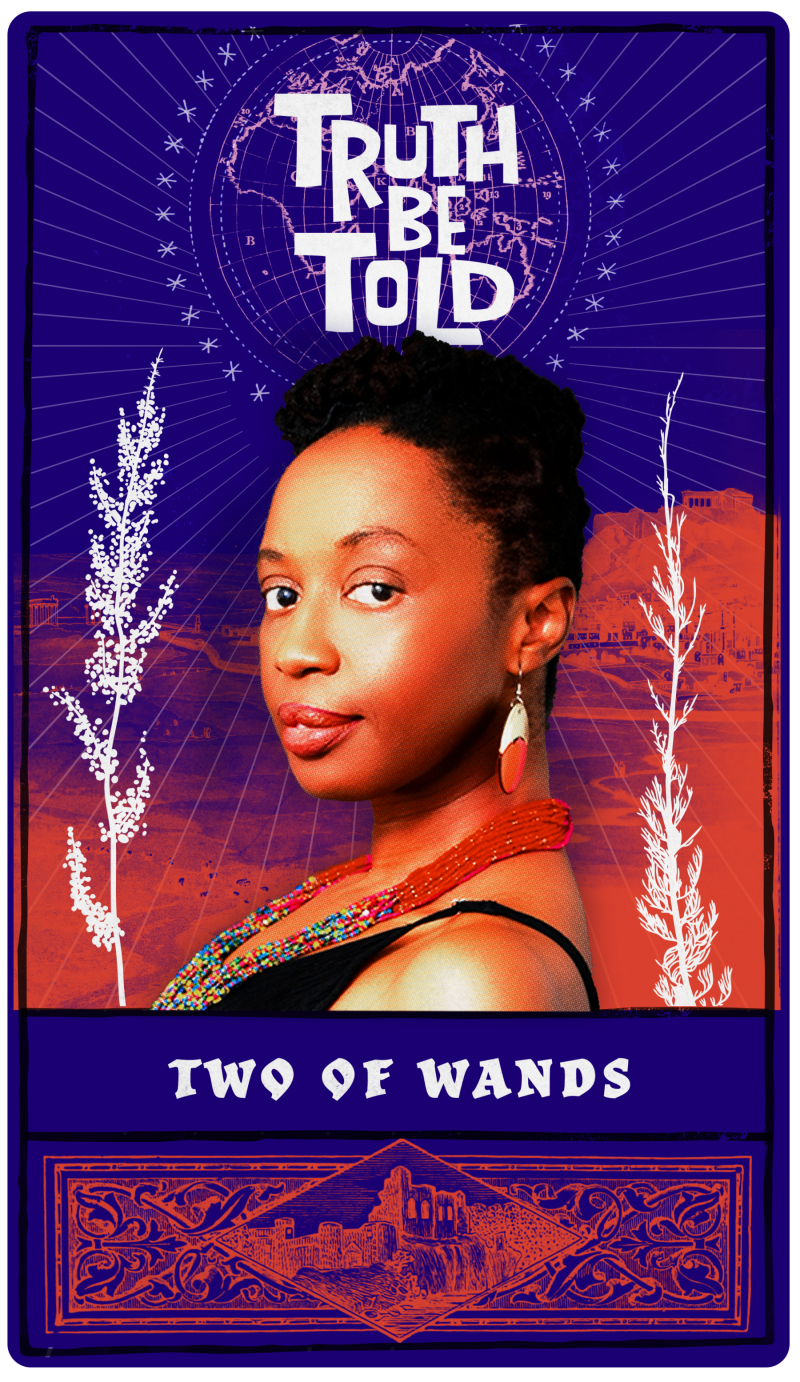
Here’s a truth: All of us know someone with mental illness, or experience it ourselves. Yet, the stigma remains.
This week’s question comes from Bri, a recent college graduate living with bipolar disorder and looking for a job. Host Tonya Mosley is joined by Wise One and New York Times Bestselling author Bassey Ikpi. In her memoir “I’m Telling the Truth But I’m Lying,” Ikpi explores her life — as a Nigerian American immigrant, a Black woman, a slam poet, a mother, a daughter, an artist — through the lens of her mental health and diagnosis of bipolar II and anxiety.
The highs that came with her professional success were manic. And the lows, they were the can’t-get-out-of-bed, barely-able-to-walk-to-the-bathroom kind of lows. At 27-years-old, Bassey finally had a name for this thing that had ruled her life for years: bipolar II disorder.
“It feels amazing and exhilarating and you feel powerful, like the most amazing person in the entire world. And that’s a good feeling. But once you stay up there, it gets frightening because there is no down. And it feels like there’s no ground beneath your feet. It is shocking because you’re supposed to feel the ground. It also triggers paranoia and insomnia. People don’t realize how physically uncomfortable it is. There’s a physical discomfort that comes with it. That is what I was hoping to describe in the book…”
Alongside her memoir, she founded The Siwe Project, a nonprofit that promotes mental health awareness throughout the global Black community. This made Ikpi the perfect Wise One to offer our listener Bri advice on her situation:
“So looking for jobs has been like really hard just because it’s still COVID and like, I don’t really have like an essential degree, I guess? My degree is in English and creative writing. And whenever I get to the ‘Do you have a disability?’ part, I see like all the bullet points; I’m just like…I mean, if you want to be technical, yes. But I always put no. As much as people like to say they’re not going to discriminate against you, they definitely will if they feel like it. I just don’t think people would take it seriously. I think people would look at me differently and treat me oddly. And I notice that whenever a job application is like, ‘Can you do this without reasonable accommodations?’ I’m just like the accommodation someone would need who, you know, wasn’t physically able and versus where I would need are completely different. So for me to just mark ‘no, I can’t do this without reasonable accommodations,’ it’s weird because my accommodations don’t look the same and I think that’s very vague of them to ask people.
My question is, how do I, as a graduate who is looking for jobs, navigate my disability and work?”
Ikpi herself does not check the disability box. “As much as I would love a world where mental illness was treated the exact same way as a physical disability, it’s not,” she says. “And it’s very easy for people to be dismissive of it.” Despite people’s best intentions, there is a bias.